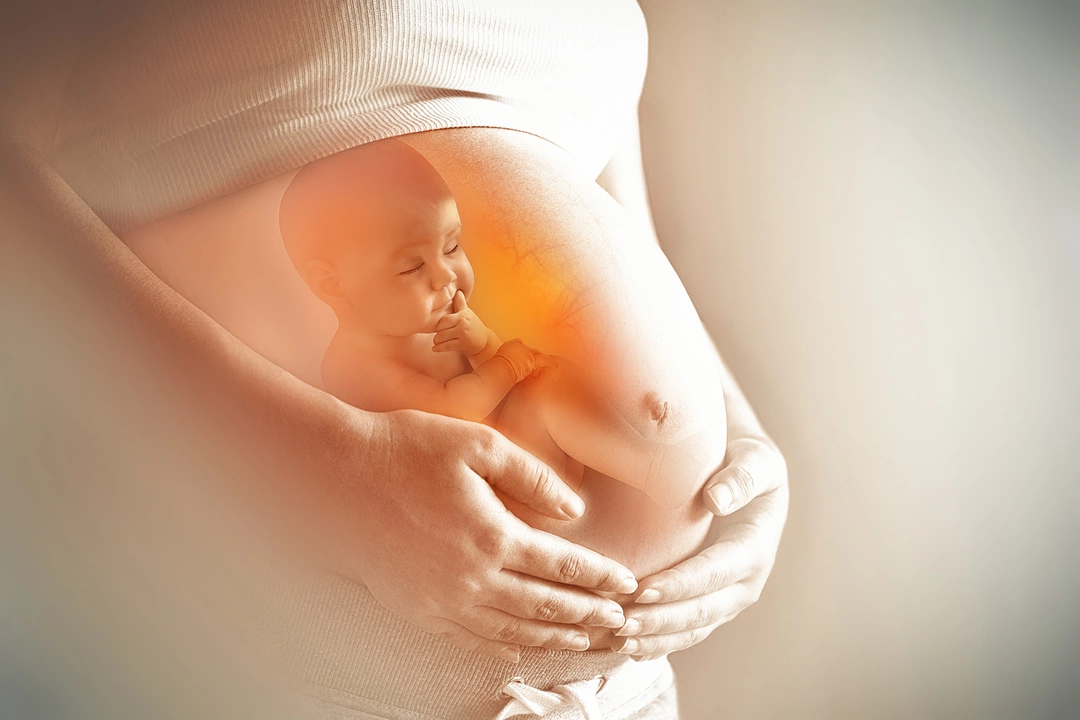Baby Development: Practical Milestones & Tips
Most babies follow a typical pattern, but every child moves at their own pace. Want clear, useful steps you can use today? Start with simple daily habits: tummy time, short talking sessions, and consistent sleep routines. Those things drive big gains in movement, language, and social skills.
Month-by-month quick guide
0–3 months: Newborns focus on basic needs and reactions. Expect rooting, sucking, brief eye contact, and a social smile by about 6–8 weeks. Do short tummy-time sessions (1–3 minutes several times a day) to build neck strength. Keep feeds regular and react to cues—this builds trust and helps brain wiring.
4–6 months: Babies usually roll, reach, and start babbling. Many double their birth weight around month 4–6. Offer toys that are easy to grab and safe to mouth. Move to more interactive play: name objects, copy their sounds, and introduce simple solids only when your pediatrician says it’s time.
7–9 months: Sitting, crawling (or scooting), and pointing often appear now. Encourage floor play with safe, interesting items placed just out of reach so they practice moving. Use short games like peekaboo and pat-a-cake to boost social and memory skills.
10–12 months: Many babies pull to stand, cruise along furniture, and say simple words like “mama” or “dada.” Let them practice walking with supervised free play—avoid walkers that force posture. Offer finger foods for fine motor skill practice and name objects to expand vocabulary.
How to help development every day
Tummy time matters. It strengthens neck and shoulder muscles needed for rolling, sitting, and crawling. Start early and build up to 20–30 minutes a day by month 3–4, split into short sessions.
Talk and read constantly. Even newborns learn from words and tone. Describe what you do, name toys, and repeat their sounds. Regular reading builds vocabulary and attention span more than screens do.
Sleep routine helps brain growth. Aim for consistent nap times and a calming bedtime ritual—bath, story, dim lights. Healthy sleep helps memory, mood, and physical recovery.
Safety and nutrition are practical tools: childproof basics (outlet covers, secure furniture), up-to-date immunizations, and age-appropriate foods. Small changes—like giving different textured foods—strengthen chewing and oral skills.
Watch for warning signs: no social smile by 3 months, no steady head control by 4 months, no babbling by 9 months, or no pointing/walking by 15 months. If something feels off, call your pediatrician early. Early screening and simple therapies often help a lot.
Every baby is different. Focus on daily, small wins—more tummy time, more talking, and safer play spaces. Those habits add up fast and give your child the best start.
